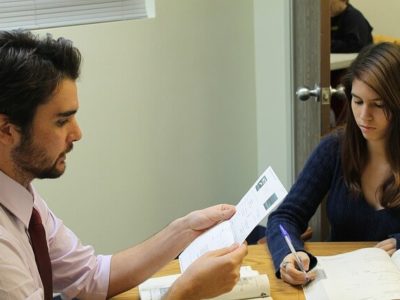At least once in your college career, you’ll be assigned or recommended to a peer writing tutor. Maybe your first draft was the total pits, or maybe you want to get into that super elite nursing program and need help getting creative with a personal statement. Either way, your hot date with a peer writing tutor is imminent.
Although you may be shaking in your boots at the thought of another human being even glancing at your writing, or conversely, are annoyed that someone your own age is giving you pointers, peer editors can be just what you need to revise an important piece of writing. Instead of dreading the meeting, you should jump for joy. Seriously, jump for joy. Y’all are gonna be best friends. Here’s why.
1. They will function as your therapist

“The thing that surprised me most about working with a writing tutor was the energy carried throughout my tutoring sessions and the ideas that were thrown at me. I built a very nice relationship with my writing tutor, to the point that it felt like a session with a therapist.”—Mason Her, Freshman, UW-Madison
2. They don’t carry a gavel
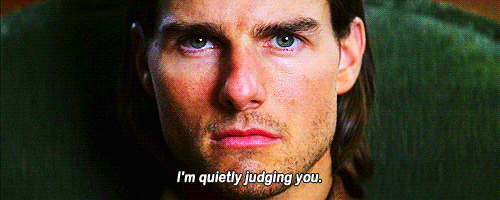
“Unlike professors, we are able to befriend our students and help them feel comfortable when talking about their writing. We don’t judge them, and once they learn about our role in their revision process, we are often able to be a stress reliever for them because we understand and are prepared to help them have a productive meeting with us.”—Julia Boles, Junior, Peer Editor, UW-Madison
3. They will remind you that you don’t suck

“A lot of writers feel some level of self-deprecation or inability. Even if you are the best writer, you still don’t realize it. If you’re not so good, you think you’re the worst. Students might say,’Oh my gosh, please be harsh. I know it’s terrible.’ And you can go to them and say, ‘This wasn’t terrible. You actually had a lot of great points, and this part right here is great, incredible even.’”—Samantha Stowers, Senior, Peer Editor, UW-Madison
4. They will take your work seriously
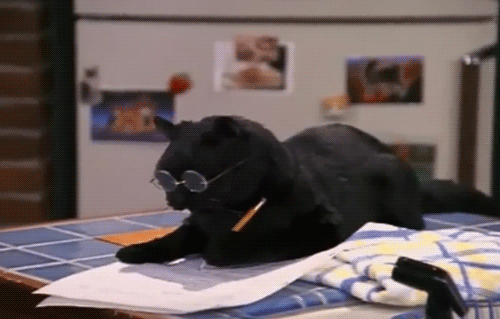
“A peer tutor means being a generous reader while respecting the student’s intelligence and not talking down to them. I think if you’ve written a paper, and realize the person you’re talking to has actually read it, paid attention to it and taken it seriously, you already feel a confidence boost.”—Jess Tanck, Peer Editor, UW-Madison Class of 2015
5. They can help you turn that “C” into an “A”
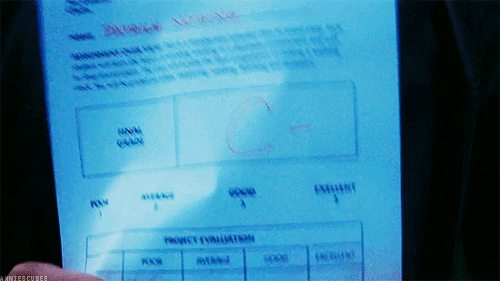
“One time a student I’d had awhile ago came up to me at a bar, bought me a drink and told me that he got an ‘A’ on his paper. When I read the first draft, I wouldn’t have called it an ‘A’ paper. Seeing the turnaround made me really happy for him.”—Samantha Lasko, Senior, Peer Editor, UW-Madison
6. They’ve been there, done that

“The peer tutor can share their own experience and say things like, ‘Oh, I was in this exact situation when I had to write this paper in this other class and I didn’t know what to do.’ Building that camaraderie, sharing those experiences and saying, ‘Yes, I’ve been in your shoes’ is huge for building confidence. It helps for the student to see, ‘Okay, I’m not the only person who has these feelings about writing or has this experience’.”—Annika Konrad, Former Peer Editor and Current Director of the Writing Fellows Program, UW-Madison Class of 2009
7. They have tons of energy and are more than happy to share it
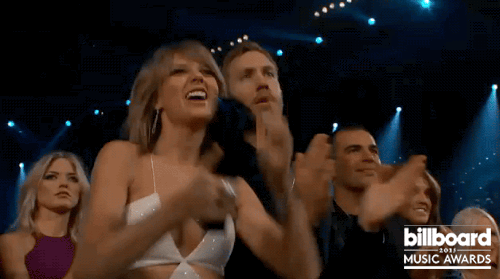
“I try to give students a lot of praise. I don’t do it insincerely. I just think a lot of students have interesting ideas and ways to think about a story that I haven’t thought before. Being enthusiastic about their ideas helps them see there is something to be enthusiastic about in their writing, and it works well.”—Brianna VanDyke, Junior, Peer Editor, UW-Madison
8. They will take you on a trip outside the box
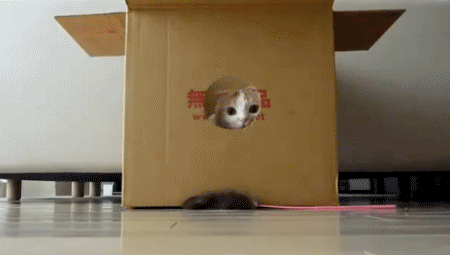
“What surprised me about working with a writing tutor was that he challenged me. I frequently get caught not thinking outside of the box, and he really dug deep to sincerely make my papers better. This was appreciated because the class I was in demanded that much of me.”—Corinne Nierzwicki, UW-Madison Class of 2015
9. They will draw cartoon cats if you don’t cooperate

“I had this student who really didn’t want to be at the sessions because it was assigned. The student just shut down and I remember saying, ‘While you think of a question, I’m just gonna draw some cats,’ and I think that expressed to him that I’m not someone who’s in need of a power trip. I basically said, ‘This is what I do. If you want to talk about it, I’m here.” It’s funny because I feel like that’s what he needed. People forget that we’re all people.”—Jacob Turner, Peer Editor, UW-Madison Class of 2015
10. They can transform a crying fit into a productive conversation

“I tutored a student with a disability who had a really difficult time keeping up with the class. She was a really strong writer and had some really great ideas, but she had some difficulties keeping to the word limit. Just talking about what she wanted to say helped her with that. I think she was really happy to be helped; she actually cried at the end of one session. That was my most memorable conference just because she was really thankful. It was really nice to know my advice was helping her and that she was appreciative of that.”—Lee Bongey, Senior, Peer Editor, UW-Madison

